SUMMARY
This is AI generated summarization, which may have errors. For context, always refer to the full article.
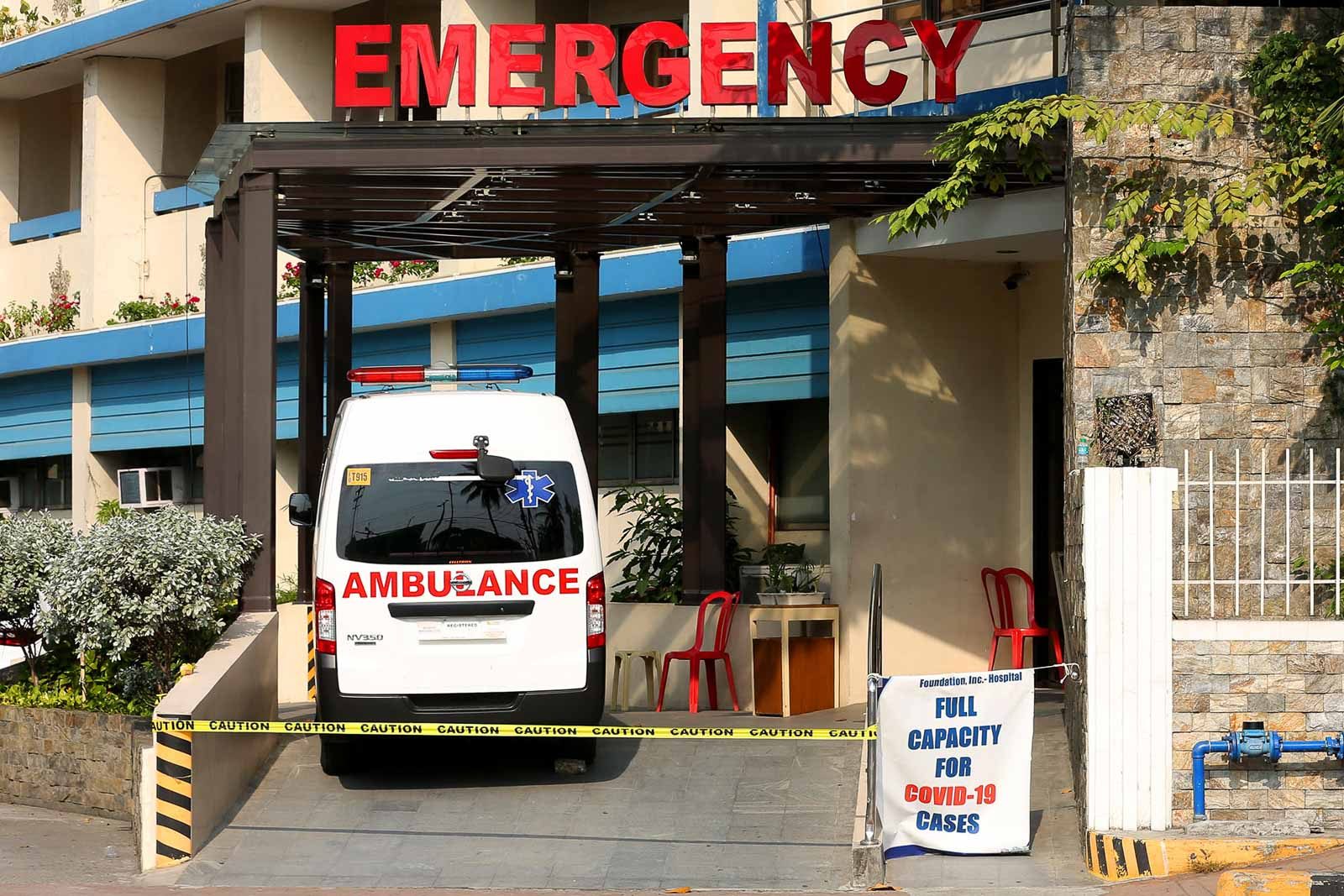
President Rodrigo Duterte on Thursday, April 8, ordered the Philippine Health Insurance Corporation (PhilHealth) to speed up payments of unsettled “valid claims” to hospitals.
In a statement sent to media, Presidential Spokesperson Harry Roque said that PhilHealth had approved the application of a Debit-Credit Payment Method (DCPM) to “facilitate the settlement of accounts payable to Health Care Facilities (HCFs) during the state of public health emergency due to the COVID-19 pandemic.”
Roque said that those eligible for the DCPM must be located in the areas identified by the government coronavirus task force. These are the National Capital Region, Batangas, Bulacan, Cavite, Laguna, Pampanga, and Rizal.
“These HCFs must likewise have no Interim Reimbursement Mechanism Fund balance on record. They must be attending to COVID-19 patients or providing the SARS-COV-2 testing package and their accreditation is not suspended during the applicable period,” he added.
Roque said that through this payment method, there would be “continuous delivery of healthcare services, especially in identified areas of concern, amid the rising number of coronavirus active cases.”
This development comes after the Private Hospital Association of the Philippines (PHAPi) said that the state health insurer has unsettle debts to its member hospitals amounting to P6 billion worth of claims, forcing them to reduce manpower and other resources amid the surge in COVID-19 infections in the country.
Deficiencies?
In a press briefing on March 30, PHAPi president Jose Rene de Grano said that PhilHealth reimbursements are one of their sources of funding, and settling these debts would help their members continue operations.
In a statement on April 3, PhilHealth said that it was “paying its obligations to its accredited healthcare providers within and even faster than what was required by law, provided that the claims comply with existing policies and guidelines.”
It said that it had paid a total of P91 billion for 9.2 million claims received from PHAPi hospitals between 2018 to 2020. However, a total of P5.6 billion worth of claims were “returned and denied” due to deficiencies and non-compliance with policies and guidelines.
“From the 9.2 million claims received or refiled, 6% were returned to hospitals and denied due to deficiencies,” the state health insurer said.
Meanwhile, PhilHealth said that it would immediately look into the concerns raised by the Philippine Hospital Association that some of its member hospitals still have unsettled claims.
A year into the pandemic, the Philippines is still struggling to contain the spread of the deadly virus that has overwhelmed the country’s healthcare system. For the past days, the country has been recording over 6,000 daily cases of COVID-19. On April 2, the country even logged 15,310 cases of the disease.
As of Thursday, the country has 828,366 total confirmed COVID-19 infections, with 14,119 deaths and 646,968 recoveries.
Aside from unsettled debts to hospitals, the state health insurer’s debt to the Philippine Red Cross for COVID-19 testing services has ballooned to over P876 million.
PhilHealth was embroiled in a corruption scandal after its former anti-fraud officer Thorrsson Montes Keith claimed in a Senate inquiry in August 2020 that executives of the embattled agency might have pocketed around P15 billion through fraudulent schemes.
PhilHealth, however, maintained that there are no missing funds as it had already liquidated 98% of the P15 billion. (READ: CHEAT SHEET: Alleged PhilHealth anomalies uncovered in Congress probes)
Several top PhilHealth officials, including former chief Ricardo Morales, are now facing administrative charges. – Rappler.com
Add a comment
How does this make you feel?


![[Time Trowel] Evolution and the sneakiness of COVID](https://www.rappler.com/tachyon/2024/02/tl-evolution-covid.jpg?resize=257%2C257&crop=455px%2C0px%2C1080px%2C1080px)


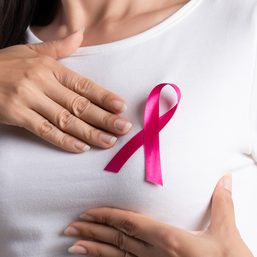
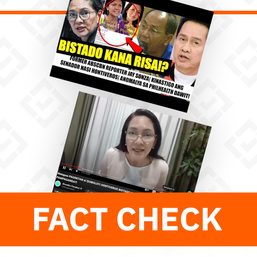

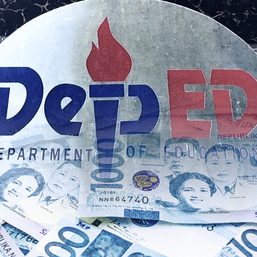
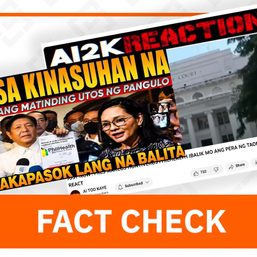
There are no comments yet. Add your comment to start the conversation.